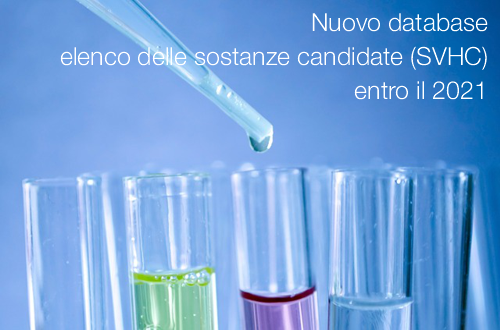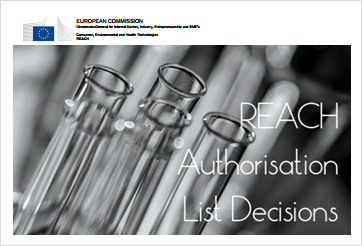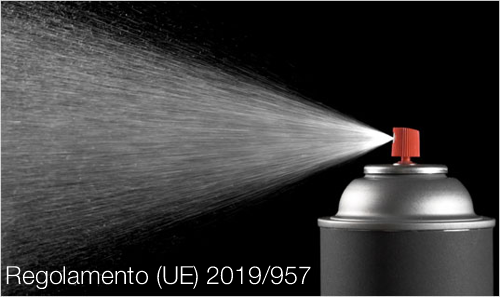// Documenti disponibili n: 46.592
// Documenti scaricati n: 36.665.023
Several EU countries have signalled to ECHA and the European Commission that the COVID-19 pandemic has led to an increased number of non-compliant (hand) disinfectants on the market. National enforcement authorities are taking action to protect citizens from the risks of illicit and ineffective products.
Helsinki, 5 June 2020 – The high demand for disinfectants to fight COVID-19 and the granting by Member States of health emergency permits have attracted new producers and suppliers to the market. These companies may not have prior knowledge of the applicable legal framework, and although many act in good faith and use all the available help offered by ECHA and national authorities, some appear to be taking advantage of the situation.
20 EU Member States have reported an increase in non-compliant (hand) disinfectants on their markets since March 2020.
Many of them reported cases of disinfectants that do not have the required authorisation or permit, or lack hazard labelling. Many countries also indicated that they found products that were claimed to be disinfectants but which had a formulation that cannot be sufficiently effective against viruses – for example, due to insufficient concentrations of active substances with virucidal activity that stops the spread of viruses.
When the Member States deem these products pose a serious risk to the health of both professionals and consumers, they communicate the measures taken against them in the Rapid Alert System for Non-Food Products (RAPEX), ensuring a safe EU single market and raising public awareness of such products.
National enforcement authorities continue to perform market inspections, including controls of online sales, to avoid ineffective products marketed to consumers as disinfectants being used against COVID-19. Enforcement actions include fines and the withdrawal of the products from the market.
“When disinfectants are manufactured or used inappropriately, they can be a health risk rather than keep us safe. It is important for national authorities to check and enforce the legal provisions, also in times where we face exceptional circumstances. ECHA is collecting the national authorities’ feedback on specific difficulties and urgent questions that need to be clarified to support enforcement at a national level,” says Erwin Annys, Head of ECHA’s Support and Enforcement Unit.
Background
In the context of the COVID-19 pandemic, European states are encouraged to apply derogations to the normal product authorisation requirements of the Biocidal Products Regulation (BPR) (‘health emergency permits’) to increase and speed up the production of disinfectants. This is to ensure that healthcare professionals and citizens have access to these products.
ECHA and the European Commission support national authorities in this by, among other things, giving guidance on the requirements for active substances that fight against the spread of viruses.
With regard to borderline products (cosmetics vs biocidal products), the European Commission has published guidance documents to facilitate the application of EU legislation in these cases. They include a manual on the scope of application of the Cosmetics Regulation and specific guidance on the applicable legislation for leave-on hand cleaners and hand disinfectants.
ECHA and the European Anti-Fraud Office (OLAF) agreed to share information of mutual interest collected in the context of inquiries related to the COVID-19 crisis. In March 2020, the unit in charge of fighting against counterfeit goods and illicit trade in OLAF has launched an enquiry into illicit trafficking of COVID-19 related products, including disinfectants.
ECHA/NR/20/17
Collegati

L'ECHA istituirà una nuova banca dati sulla presenza di sostanze chimiche pericolose negli articoli entro la fine del 2019 per gli op...

ID 21230 | Last update: 22.01.2024
REACH Authorisation Decisions List of authorisation decisions adopted on the basis of Article 64 of Regul...

della Commissione dell'11 giugno 2019 recante modifica dell'allegato XVII del regolamento (CE) n. 1907/2006 del Parlamento europeo e del Consiglio concernente la registrazione...
Testata editoriale iscritta al n. 22/2024 del registro periodici della cancelleria del Tribunale di Perugia in data 19.11.2024